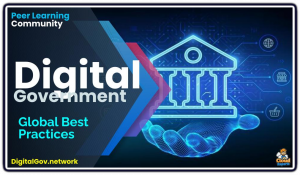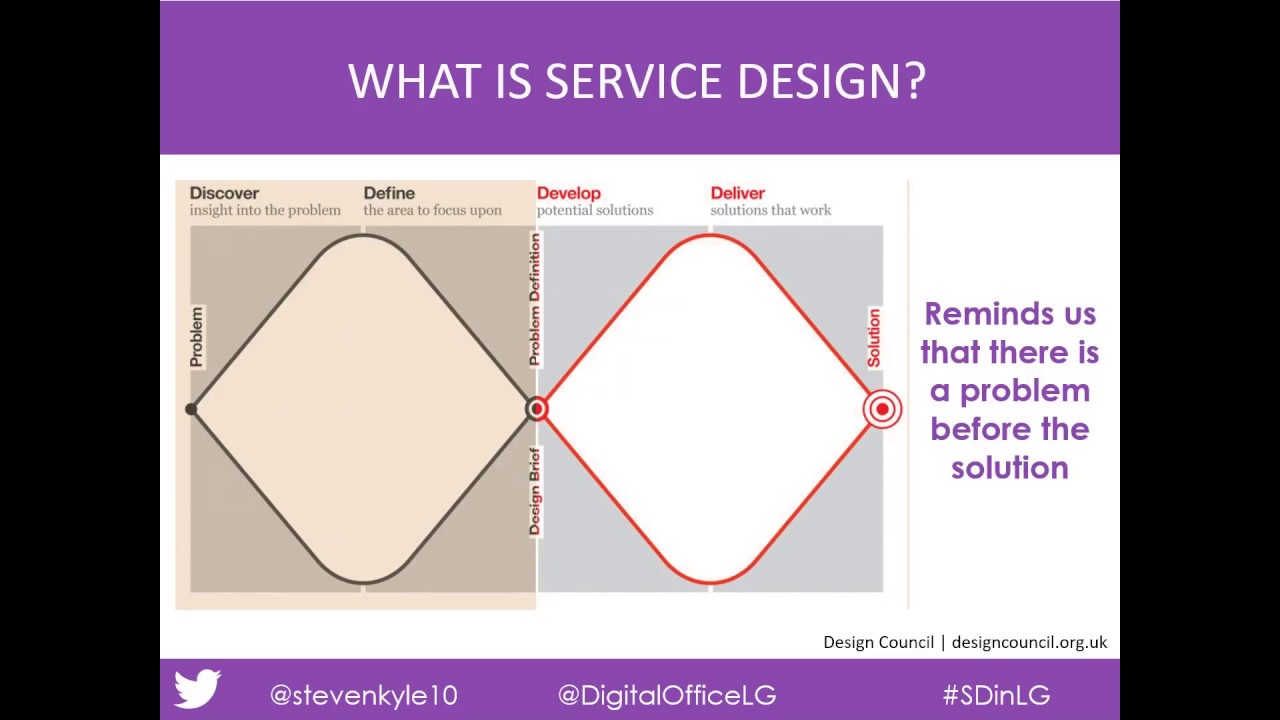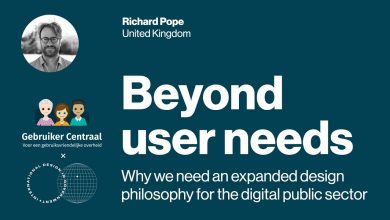Digital Ireland – Leading Transformation and Connecting Government 2030
Irish Government defines a comprehensive program of initiatives for becoming a global digital transformation leader by 2030.
 Ireland is actively pursuing a comprehensive set of initiatives to advance its Digital Government under the Digital Ireland Framework, with a goal of becoming a global leader in digital transformation by 2030.
Ireland is actively pursuing a comprehensive set of initiatives to advance its Digital Government under the Digital Ireland Framework, with a goal of becoming a global leader in digital transformation by 2030.
‘Harnessing Digital’ seeks to position Ireland as a digital leader, driving and enabling digital transformation across the economy and society.
It is set out across four core dimensions, which are in line with the four cardinal points of the EU’s Digital Compass: Digital Transformation of Business; Digital Infrastructure; Skills; and Digitalisation of Public Services, and this is supported by a modern, cohesive, well-resourced regulatory framework:
These initiatives align with the EU’s Digital Decade goals and focus on inclusivity, accessibility, security, and innovation across public services, with the ambition cascading down through each department such as Enterprise Ireland, who translate these goals into missions such as ensuring Ireland’s position as a digital leader at the heart of European and global digital developments and the National AI Strategy.
This interview with Ciara Traynor, Deputy Director & Head of Multimedia and Digital at the Department of Foreign Affairs, uncovers the high-stakes strategy behind building a digital-first government and shares lessons for anyone driving digital transformation in the public sector.
1. Digitalization of Public Services
Ireland’s efforts to digitize public services aim for 90% of services to be consumed online by 2030, emphasizing accessibility, efficiency, and inclusivity. Key initiatives include:
- Connecting Government 2030: A Digital and ICT Strategy for Ireland’s Public Service (2022): Focuses on simplifying services through a “Government as a Platform” approach, applying the “once-only” principle, fostering innovation, strengthening digital skills, and implementing robust governance structures.
- MyGovID: A national digital ID system launched in 2017, now with 2.3 million verified accounts, targeting 80% of eligible citizens by 2030. It provides a single online account for accessing government services.
Life Events Portal: Under development to streamline access to services like driving licenses and birth certificates, enhancing citizen engagement with public services. - Digital Postbox: A secure communication platform for government agencies to interact with citizens, reducing administrative costs and improving service delivery.
- Digital for Good: Ireland’s Digital Inclusion Roadmap (2023): Aims to make Ireland one of the most digitally inclusive EU states by improving digital skills, access, and infrastructure, aligning with the UN’s “Leave No One Behind” principle and the Public Service Transformation 2030 Strategy.
- National Open Data Strategy 2023-2027: Enhances the open data portal (Data.gov.ie) with nearly 18,000 datasets from 145 publishers, improving transparency and innovation by ensuring compliance with EU legislation (e.g., DCAT standards) and increasing data accessibility.
- Digital Health Framework 2024-2030: Supports universal healthcare through digital services, including virtual care, a National Shared Care Record, and a universal digital health record system. The Health Service Executive (HSE) is developing a Strategic Implementation Roadmap to deliver these initiatives, with increased funding allocated for digital health infrastructure.
- eGovernment Awards and Leadership Summit (2025): Recognizes innovative public sector projects in areas like sustainability, data protection, and smart cities, fostering collaboration and showcasing digital transformation successes.
- Online Safety and Media Regulation Bill (2022): Protects citizens from harmful online content, supporting a safer digital public service environment.
- Public Procurement Enhancements: The Office of Government Procurement (OGP) uses the eTenders portal to streamline digital technology tenders, reducing costs and encouraging competitive dialogue and frameworks.
How does Ireland’s tax system stay ahead of the curve? In this exclusive interview, John Barron, CIO of Revenue, reveals how technology powers tax collection, compliance, and efficiency. From the first PCs in Revenue to AI-powered compliance.
2. Digital Skills Development
Ireland aims to equip its workforce and citizens with digital skills to meet labor market demands and ensure inclusivity, targeting 80% of adults with at least basic digital skills by 2030. Key initiatives include:
- Digital Strategy for Schools to 2027 (2022): Embeds digital technologies in education through three pillars: supporting digital learning, enhancing inclusion, and providing teacher training. Includes a €50 million ICT funding grant under the National Recovery and Resilience Plan (NRRP).
- National Skills Strategy: Targets digital skills development from pre-school to lifelong learning, addressing labor market needs. Ireland’s 8.6% ICT graduate rate (double the EU average of 3.9%) supports this goal.
- Training and Support for Older Adults: Focuses on skill development for middle-aged and older adults to bridge the digital divide.
- Innovate for Ireland: A 2023 program to attract 400 PhD students for research in digital transformation, covering STEM and other disciplines to address national and global challenges.
3. Digital Infrastructure
Robust digital connectivity is a cornerstone of Ireland’s Digital Government, with ambitious targets for universal access. Key initiatives include:
- Digital Connectivity Strategy (2022): Targets all households and businesses to have Gigabit network access by 2028, all populated areas covered by 5G by 2030, and all schools and broadband connection points connected by 2023. Supports rural development and remote work strategies.
- National Broadband Plan: Expands connectivity through Remote Working Hubs and Broadband Connection Points to ensure universal access.
- International Connectivity: Ensures resilient and robust infrastructure to support global digital integration.
4. Digital Transformation of Business
Ireland supports businesses, particularly SMEs, to adopt digital technologies, targeting 90% of SMEs at basic digital intensity and 75% enterprise take-up of cloud, AI, and big data by 2030. Key initiatives include:
- Trading Online Voucher Scheme: Offers training and up to €2,500 in financial assistance to help small businesses develop online presence and eCommerce capabilities.
- Digital Transition Fund: An €85 million fund to support businesses in assessing digital needs and adopting technologies like AI, IoT, and cloud computing.
- National Digital Research Centre (NDRC): Since 2006, supports early-stage digital startups with €100,000 pre-seed funding and mentorship-driven accelerators to foster innovation.
- Digital Hub Development Agency (DHDA): Established in 2003, supports tech companies (e.g., Stripe, Slack) in Dublin’s tech cluster, though it is set to dissolve with assets transferring to the Land Development Agency.
5. AI and Emerging Technologies
Ireland is prioritizing responsible AI adoption to enhance public services and economic growth. Key initiatives include:
- National AI Strategy: Under development to guide ethical AI research, development, and deployment across government, with a focus on public service delivery and reform.
- AI Advisory Council: Launched in 2024, chaired by AI ambassador Patricia Scanlon, to advise on AI policy and responsible use, involving industry, academia, and civil society.
- AI in Public Services: Uses AI and robotics for process automation and improved citizen experiences, while avoiding AI in policy formulation due to ethical complexities.
6. Cybersecurity and Regulation
A secure and well-regulated digital environment is critical to Ireland’s Digital Government strategy. Key initiatives include:
- National Cyber Security Centre (NCSC): Strengthened with increased resources to protect citizens and businesses from cyber threats.
- Coimisiún na Meán: Designated as Ireland’s Digital Services Coordinator under the EU’s Digital Services Act, with ongoing work to operationalize and legislate its role.
- Data Protection Commission (DPC): Expanded with a €26.2 million budget for 2023 and additional commissioners to enhance data protection capacity.
- Regulatory Framework: A modern, cohesive framework supports digital transformation, aligning with EU regulations like GDPR and fostering Ireland’s role as a digital regulatory hub.
7. Research and Innovation
Ireland is investing in research to support digital transformation. Key initiatives include:
- National Challenges Programme: A €71 million initiative under the NRRP to fund projects supporting digital
transformation, with calls starting in 2022. - Creating Our Future: A national brainstorm collecting over 18,000 ideas to shape research priorities for digital and green transitions.
- Research Classification Ireland (RCI): A national classification system to support research and innovation in digital technologies.
8. Updated National Digital and AI Strategy (2025)
The government is updating its National Digital Strategy in 2025 to reflect advancements in AI and other technologies. This update will:
- Strengthen Ireland’s position as a global digital leader.
- Accelerate AI adoption in public services and enterprises.
- Align with EU Digital Decade goals, focusing on infrastructure, enterprise, skills, and public services.
- Involve stakeholder consultation to ensure inclusivity and innovation.
9. Sustainability and Inclusion
Ireland integrates sustainability and inclusivity into its digital initiatives:
- Digital Technologies for Climate Goals: Supports decarbonization through optimized energy use and reduced commuting.
- Smart Cities and Urban Development: Projects in Dublin, Cork, and Limerick leverage IoT for sustainable urban solutions.
- Inclusive Design: Ensures digital services are accessible to all, addressing the digital divide and supporting disadvantaged groups.
Progress and Oversight
- Progress Reports: Annual reports track milestones, with the 2022 report highlighting advancements in connectivity, cybersecurity, and public service digitalization.
- Governance: The Cabinet Committee on Economic Recovery and Investment, chaired by the Tánaiste, oversees implementation with strong political leadership and stakeholder engagement.
- EU Alignment: Ireland’s initiatives align with the EU’s Digital Compass and Digital Decade targets, with Ireland ranking 5th in the EU’s 2022 Digital Economy and Society Index.
Conclusion
Ireland’s Digital Government initiatives are holistic, covering public service digitalization, skills development, infrastructure, business transformation, AI adoption, cybersecurity, and research.
These efforts aim to create an inclusive, secure, and innovative digital ecosystem, positioning Ireland as a leader in the EU and globally by 2030. The 2025 strategy update will further accelerate these ambitions, particularly in AI and public service reform, ensuring no one is left behind in the digital age.



